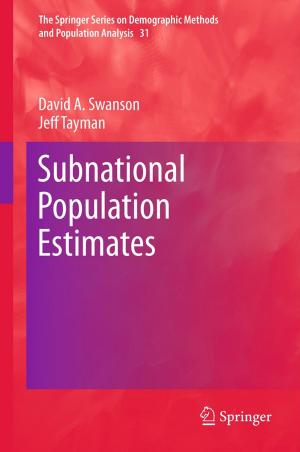Paraconsistency: Logic and Applications
Nonfiction, Science & Nature, Mathematics, Logic, Religion & Spirituality, Philosophy| Author: | ISBN: | 9789400744387 | |
| Publisher: | Springer Netherlands | Publication: | July 26, 2012 |
| Imprint: | Springer | Language: | English |
| Author: | |
| ISBN: | 9789400744387 |
| Publisher: | Springer Netherlands |
| Publication: | July 26, 2012 |
| Imprint: | Springer |
| Language: | English |
A logic is called 'paraconsistent' if it rejects the rule called 'ex contradictione quodlibet', according to which any conclusion follows from inconsistent premises. While logicians have proposed many technically developed paraconsistent logical systems and contemporary philosophers like Graham Priest have advanced the view that some contradictions can be true, and advocated a paraconsistent logic to deal with them, until recent times these systems have been little understood by philosophers. This book presents a comprehensive overview on paraconsistent logical systems to change this situation. The book includes almost every major author currently working in the field. The papers are on the cutting edge of the literature some of which discuss current debates and others present important new ideas. The editors have avoided papers about technical details of paraconsistent logic, but instead concentrated upon works that discuss more "big picture" ideas. Different treatments of paradoxes takes centre stage in many of the papers, but also there are several papers on how to interpret paraconistent logic and some on how it can be applied to philosophy of mathematics, the philosophy of language, and metaphysics.
A logic is called 'paraconsistent' if it rejects the rule called 'ex contradictione quodlibet', according to which any conclusion follows from inconsistent premises. While logicians have proposed many technically developed paraconsistent logical systems and contemporary philosophers like Graham Priest have advanced the view that some contradictions can be true, and advocated a paraconsistent logic to deal with them, until recent times these systems have been little understood by philosophers. This book presents a comprehensive overview on paraconsistent logical systems to change this situation. The book includes almost every major author currently working in the field. The papers are on the cutting edge of the literature some of which discuss current debates and others present important new ideas. The editors have avoided papers about technical details of paraconsistent logic, but instead concentrated upon works that discuss more "big picture" ideas. Different treatments of paradoxes takes centre stage in many of the papers, but also there are several papers on how to interpret paraconistent logic and some on how it can be applied to philosophy of mathematics, the philosophy of language, and metaphysics.















